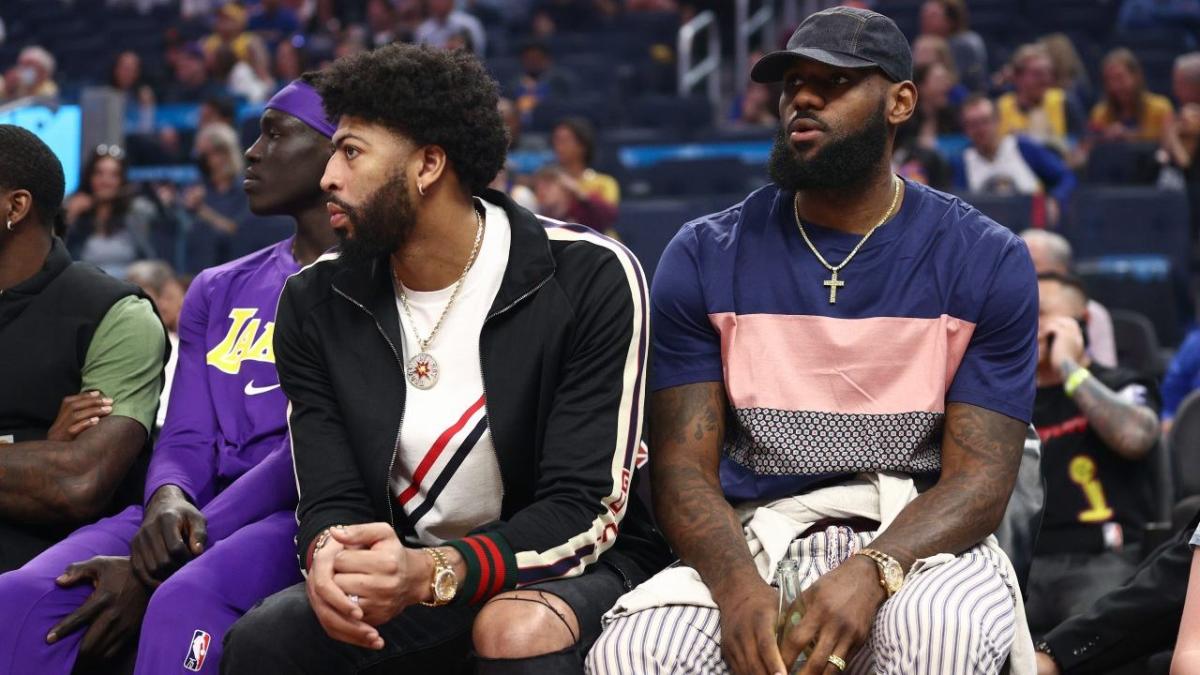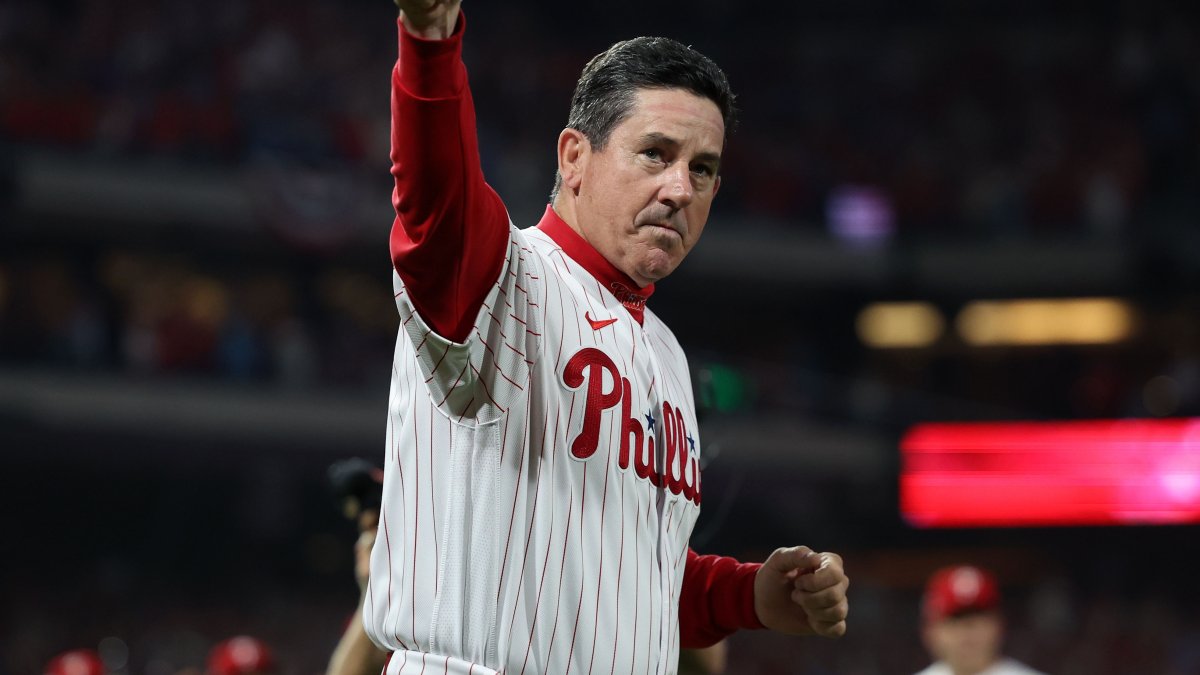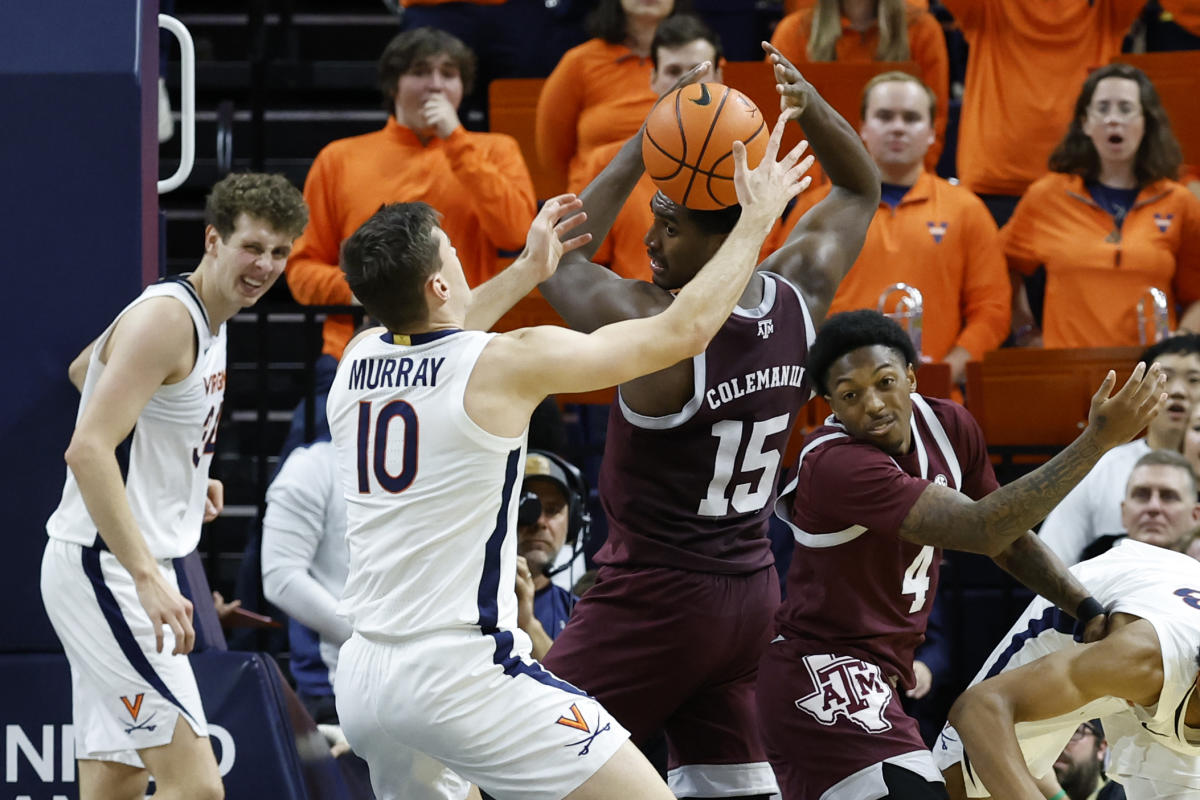Load Management: The NBA’s New Player Participation Policy
In 2012, the San Antonio Spurs faced a $250,000 fine from then-NBA commissioner David Stern for resting four key players during a nationally televised game against the Miami Heat. Since then, resting star players has become a common practice, with teams like the Toronto Raptors famously using “load management” to rest Kawhi Leonard during the 2018-19 season.
However, the NBA’s Board of Governors has recently enacted a new Player Participation Policy (PPP) to promote player participation throughout the full 82-game regular season. The policy includes rules for star players, such as only allowing one star player to be unavailable for a game, requiring star players to be available for national TV and In-Season Tournament games, and maintaining a balance between the number of absences for star players in road and home games.
There are exceptions to the rules, including long-term injuries, unique injury history, veterans with high career minutes, personal reasons, and teams that have already secured their playoff position. Violations of the policy can result in fines ranging from $100,000 to $1 million.
While some of these rules have been implemented in the past, the league plans to be more stringent in enforcement this time around. The NBA will trigger investigations in specific cases and may use an independent medical review to determine a player’s status.
The PPP has received the most attention for its rules regarding entire starting lineups or superstars missing national TV games. While these situations may be infrequent, the bigger adjustment for teams will be the required balance between home and road games. Last season, 77% of star player absences in back-to-back games occurred in away arenas.
From a league-wide perspective, the NBA wants teams to prioritize resting stars at their home arenas. This not only ensures fans have the opportunity to see their star players, but it also benefits teams without stars by increasing interest in their games when superstars visit.
The PPP will also impact awards criteria in the league’s new collective bargaining agreement. Players now need to play at least 65 regular-season games to be eligible for MVP, All-NBA teams, Defensive Player of the Year, or All-Defensive teams. This change aims to ensure players fulfill their obligations and maintain the integrity of these awards.
The new policy and awards criteria provide strong incentives for teams and players to reduce load management. NBA commissioner Adam Silver stated that there is an expectation for healthy players to play and that the league wants to return to the principle of an 82-game season.
However, while the NBA has reduced the frequency of back-to-back games, the schedule remains crowded due to the Play-In Tournament and In-Season Tournament. As long as there are back-to-backs, teams will continue to prioritize player health and longevity through load management.
The NBA’s new load management policy doesn’t eliminate player rest but forces teams to make different calculations and decisions about when and where that rest occurs.
Click here to read the full article on Sportico.com.

Emily Turner is your source for everything NBA. As a dedicated basketball enthusiast, she offers insights into NBA games, player highlights, trade rumors, and the league’s evolving dynamics. Emily’s love for the sport shines through in her comprehensive NBA coverage.




:no_upscale()/cdn.vox-cdn.com/uploads/chorus_image/image/72931262/usa_today_21973134.0.jpg)


